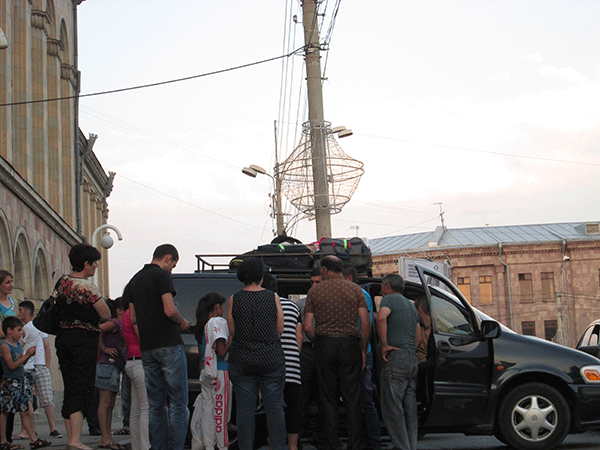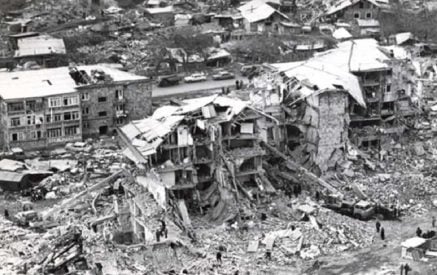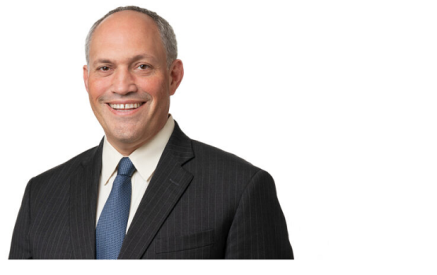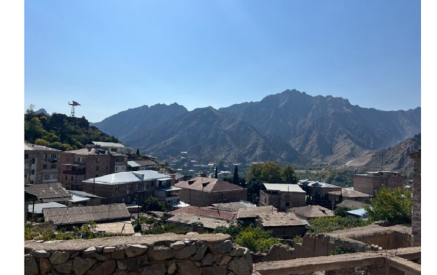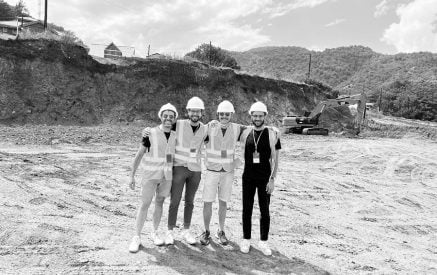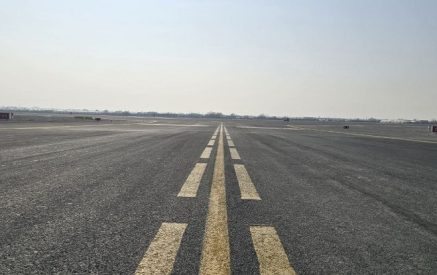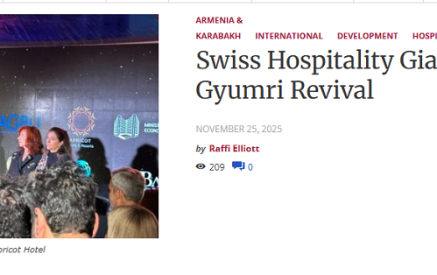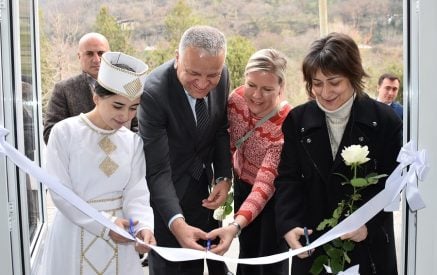Every day, starting from 19:00 p.m. wondering by the central parts of Gyumri, one can witness the speed vacating the second city of the Republic. Yesterday, our camera fixed the people in front of the building called Chuloshni, Gyumri, leaving for Russia. This scene is repeated in the same place, in the same way, every day. At the same hour of the day, one can see a sadder and disturbing scene in Charles Aznavour Square when the number of the cars starting their way to various cities of Russia reaches about ten.
Aravot.am asked ethnographer Artashes Boyajyan whether there are some studies on how many people are leaving Gyumri every day. “I can bring one digital data to you, which is not sensational but provides a big cause to think over. Recently, I was looking into the archives. In 1937, the number of the school students in Gyumri city aged 7-16 amounted to 11 thousand, now, this number is 14 thousand. In the case when by the census in 1939, the number of the population in Gyumri was a little more than 67 thousand, while now, according to the official data, it is 119-140 thousand people, but in reality, it is not that many. Look, how backward we have gone, we have the number of population as in 1930-1940-ies, this goes without saying. What is the reason for emigration? The reason is not only the absence of job openings when the active and qualified young people are unable to find a job and are not normally paid.
In other words, a system has been created which does not contribute to the development of the country, but obstacles the development and the ones who create this system are the government authorities and the people are also involved in the creation of this system, we should not put people aside. These young people, the youth of “No to Plunder” group, want to change the created system, but not with the calls “Serge, leave” but with oppression, coercion and peaceful demonstrations and the more people this youth unites around it, the more we will have great successes. The recent uprising of this youth shows that there is still possible to correct something in Armenia,” said the ethnographer.
Read also
Nune AREVSHATYAN




















































